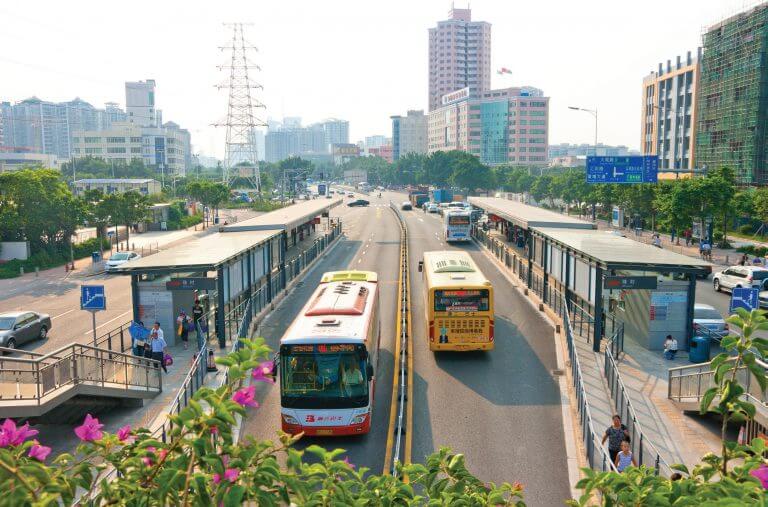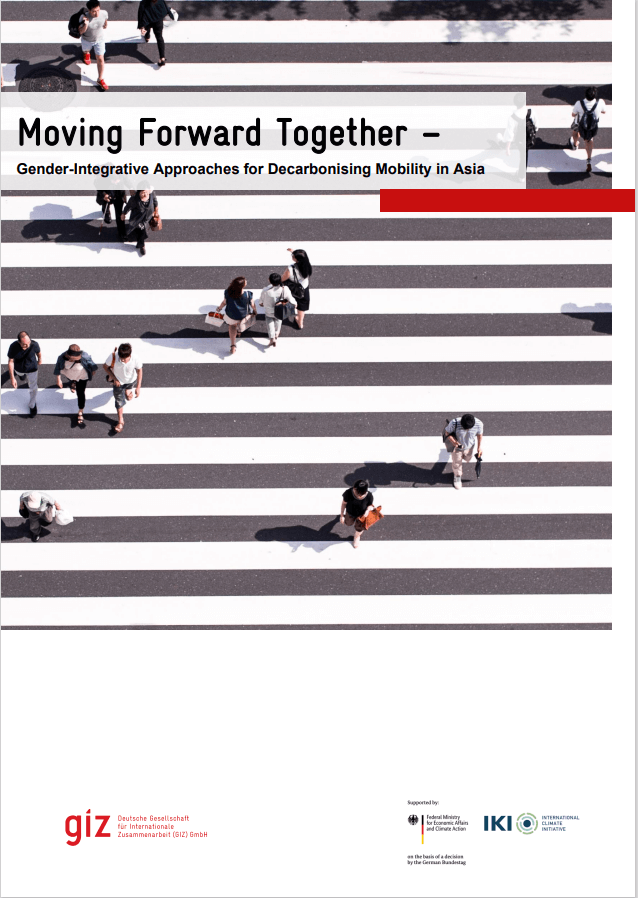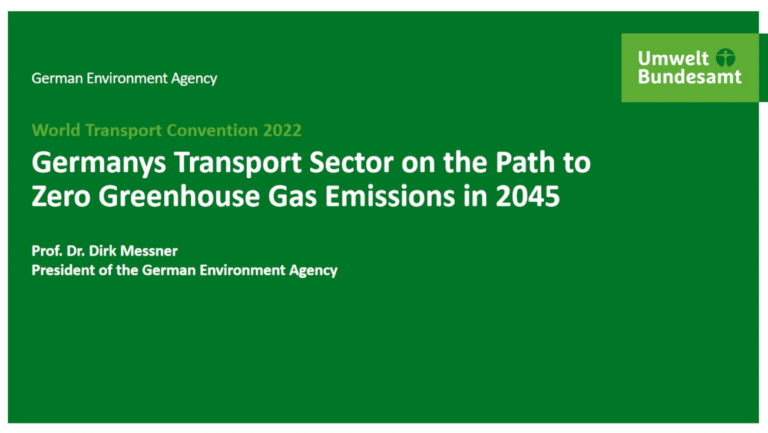Successful continuation of the cooperation between the Deutsche Gesellschaft für Internationale Zusammenarbeit (GIZ) GmbH and the German Federal Ministry of Transport and Digital Infrastructure (BMVI) – We are proud to implement the second commissioning by BMVI “Energising Transport and Mobility: Mobility and Fuels Strategy as a Contribution to the Transport Transition in China – Pilot in the Jing-Jin-Ji Region”.
This new project started in January 2017 and is based on the first commissioning by the German Federal Ministry of Transport and Digital Infrastructure (BMVI) in 2015. The project has been implemented in cooperation with the Ministry of Transport (MoT) of the People’s Republic of China and its think tank Transport Planning and Research Institute (TPRI). The purpose of the project was to identify current development trends, barriers and prospects of key segments for a Mobility and Fuels Strategy (MFS) in China. Particular emphasis was given to transport demand, fuels and alternative drive systems. The project report is available here.
The project context: Sino-German Cooperation
In principle, the development of a Mobility and Fuels Strategy attempts to shed light on the following key issues: How can policy makers drive the process towards a future-proof mobility? How can the transport sector follow the lead of the energy sector, which has already embarked on an “Energiewende” (energy transition)? Which drive technologies, fuels, measures and regulations are available and suitable? These are among the main questions that the MFS of the German government answers. Questions that are equally pressing in the Chinese context.
During the Chinese-German government consultations, which took place in Beijing in June 2016, it has been agreed by German Chancellor Angela Merkel and Chinese Premier Li Keqiang to cooperate in the area of alternative propulsion technologies, such as electric vehicles, but also to strengthen the cooperation in the railway and aviation sector. Parliamentary State Secretary at BMVI, Dorothee Bär, and Minister Yang Chuantang of MoT jointly signed a Memorandum of Understanding (MoU) to cooperate in the field of Mobility and Fuels Strategies and strengthen the collaboration between the transport industries of both countries.
In order to put this MoU into practice, GIZ is implementing the new project commissioned by BMVI since January 2017. The main objective is to promote the adoption of the example of the German Mobility and Fuels Strategy by the Chinese government in a participatory strategy process as well as the implementation of this process in one pilot region (Jing-Jin-Ji region: Beijing, Tianjin and Hebei province). The scientific foundation for the Mobility and Fuels Strategy is developed on the basis of short studies on mobility topics (e. g. urban mobility concepts, regional transport and digitization in urban transport) as well as fuel issues (e. g. alternative drive technologies in heavy-duty traffic and development of charging infrastructure).
The results are integrated into an inter-ministerial policy dialogue on different MFS topics at national level. Further, the inclusion of the private sector will help to increase the relevance and innovative content of the expert discussions and promote the practical implementation of the MKS in China and Germany.





